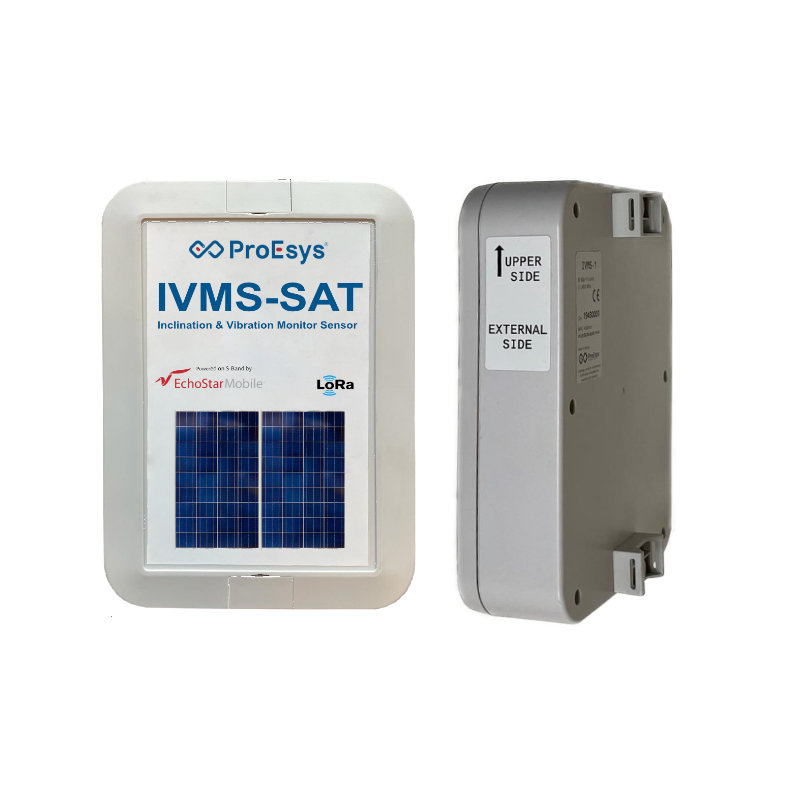Member Directory / ProEsys SrlShare:

Adopter
Geographical Focus: Europe
Commercial Contact:
info@proesystech.com
Technical Contact:
info@proesystech.com
ProEsys Srl
ProEsys is a world-class provider of GEO/LEO satellite IoT solutions for vertical applications and critical infrastructures, with the mission of making satellite IoT communication accessible, affordable and secure in every industrial application. Established in 2014, its core values are innovation, quality and attention to detail; this has allowed ProEsys to excel in the fields of design and delivery of end-to-end industrial IoT solutions. Our team’s technical skills and over 30 years of experience in industrial product design have garnered recognition by major SatCom market players and industry leaders.
Thanks to strategic partnerships, ProEsys is now able to offer comprehensive solutions, guaranteeing the entire production and functional supply chain. Our scope ranges from the provision of satellite connectivity to co-design and development with hybrid satellite-terrestrial solutions, to in-house testing and trials in its pre-qualification labs and industrial production. Our staff offers extensive experience in the design and implementation of both terrestrial and satellite RF communication solutions and in-depth mastery of HW, FW and SW design and production of critical infrastructure monitoring solutions. Our expertise includes innovative satellite IoT products compatible with LoRaWAN® and 3GPP protocols over NTN networks, as well as End-to-End solutions based on satellite and terrestrial connectivity, including field sensors, network infrastructure, and network server software.
ProEsys is a founding member of the LoRa Alliance Satellite IoT Committee, and its founders are members of the Aerospace Commission of the Register of Engineers of Rome.
Verticals:
Smart Buildings / Facilities ManagementSmart CitiesSmart Industry / Industrial IoTSmart Infrastructure


